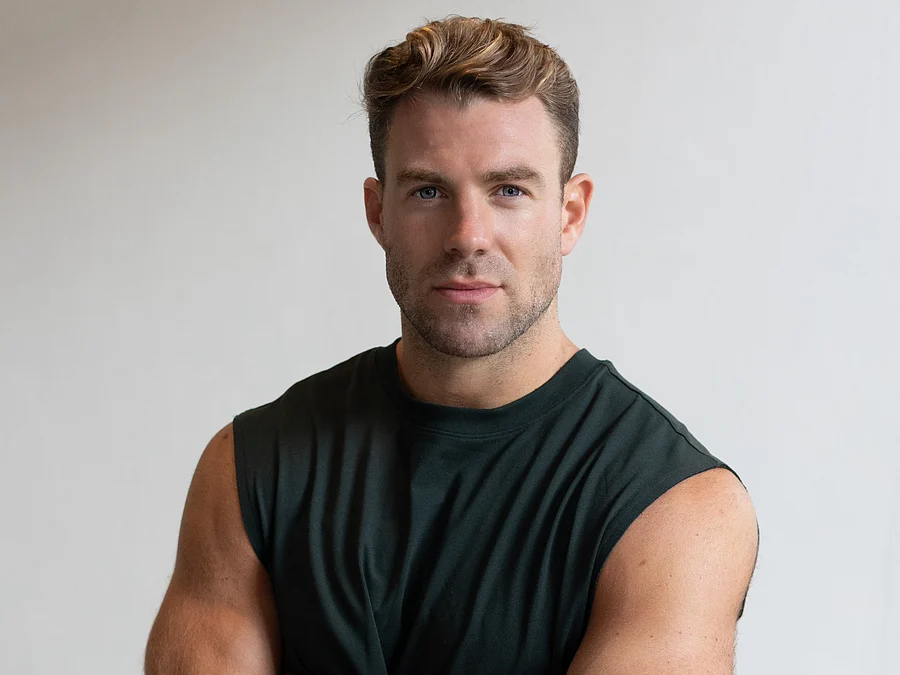By Hera Lindsay Bird
Copyright thespinoff

How do I handle the wildly insensitive comments from friends and family?
Want Hera’s help? Email your problem to helpme@thespinoff.co.nz or fill out this form.
Hi Hera – I love your column so much and have thought about writing in for a while now, but something has always held me back. Today, I thought fuck it. Here goes.
I’m proud of the little life my partner and I are building. We’re close with our families and our wonderful niblings. We’re healthy, active and dabble in many hobbies. We have fulfilling, well-paying jobs and we can travel. But we’ve also weathered a few Southerlies; unexpected deaths in the family, ongoing threats of redundancy, friends with life-changing health diagnoses and we know how fragile and precarious this all is. We are incredibly grateful for everything, we have so much love, time, and energy to give, but we’re unable to have a family of our own.
I know there are so many things wrong with the world and things will not be left in a good state for future generations. But I still can’t escape that biological tug of parenthood. And I know it’s not all sunshine and unicorns and squishy baby cuddles. Some friends have had truly traumatic birth experiences, and some are raising kids with serious health and behavioural challenges. Others are facing raising large families with little support. Shit’s hard. But I’m struggling and would love your sage perspective on things.
After many interactions with some girlfriends and older family members, I’m left feeling diminished, like I’m worth less, like my relationship with my partner is somehow less meaningful because we’re childless. They will make micro-aggressive comments about my interests that twist them to seem selfish and my experiences or advice is subtly devalued. It’s as if my life lacks legitimacy because we haven’t experienced this fulfilling, messy, life-changing event. I’ve made a genuine effort to understand their experiences and provide what support I can. I’ve made care packages, read parenting blogs, asked questions and listened, been available for babysitting a very short notice, but that empathy and support isn’t reciprocated. When we received our infertility diagnosis, my sister, who has three unplanned, healthy children, acknowledged it once in a text message. She’s never mentioned it again.
Meanwhile, friends and family have vented to me about getting pregnant “too quickly,” not “getting the gender” they wanted, or just about kid stuff in general. Rationally, I know that it’s their prerogative to vent about their experiences so I stay silent. They have a village of people to complain to and yet they direct these little barbs at me. It cuts deeper than I think they realise. I would love to have those problems.
And I am sick to death of being asked, “why don’t you just adopt?” Anyone who has been through the Oranga Tamariki adoption application process will know the profound pain and quiet rage this question triggers.
Hera, how do I be content with my lot in life? Should I quietly step away from those friends and family with parochial attitudes? How do I find my community? And more importantly, any advice on a devastatingly witty response to that adoption question?
Unreciprocated
Dear Unreciprocated,
Every so often, I get a letter that feels impossible to answer because the problem doesn’t lie with the letter writer (sane, normal) but with the parochial and backwards attitudes of everyone else in the world. This is the worst kind of problem to have, because it’s essentially unsolvable without a global shift in attitude. All you can do is try to weather other people’s antiquated prejudices and criminally stupid advice, and try not to take it too much heart.
I’m sorry to hear you and your partner can’t have biological children. It is deeply unfair, and no amount of conciliatory jokes about diaper-free weekends will ever take the sting away. It would be hard enough to weather this news with a supportive network of friends and family who are sensitive to your situation. But when it comes to women and reproduction, everyone suddenly gets a terminal case of foot-in-mouth disease.
It doesn’t seem to matter whether you have kids, don’t want kids or want kids but can’t have them. People always have something annoying to say. As a woman, once you turn 30, suddenly everyone is a freelance obstetrician, and it feels like you have to make a choice between signing up to be a sentient cum incubator or Carmen Sandiego, international woman of mystery. It doesn’t help that women’s identities are so intrinsically tied to their reproductive decisions, and whether or not you have kids fundamentally shapes the way that people relate to you.
It sounds like you have a full and happy life, and that there is plenty of love in your world. As an elective member of the Carmen Sandiego club, I believe there are plenty of upsides to not having kids. But this isn’t the time or the place to enumerate them. It’s hard to count your blessings when you’re still mourning the life you couldn’t have. I’m sure there’s a part of you that can appreciate the small freedoms that come from not being a parent. But there’s nothing more irritating than hearing your friends complain about your luxurious Saturday lie-ins, as if you’re a decadent globetrotting socialite hoarding stolen jewels, when you would kill to have their dumb reproductive luck. It’s insensitive and patronising, and you are well within your rights to tell them so.
You’re trying to put on a brave face, while you and your partner are working through a profound and invisible grief that many people can’t see or understand. All you want is a little sensitivity, and for this big and life-altering thing to be acknowledged by the people who love you. The reason that people aren’t stepping up is this: most people are profoundly uncomfortable with other people’s pain. Whether you’re suffering a major bereavement or experiencing any terrible life-changing event, you discover firsthand how unequipped people are to handle heavy topics and say stupid and upsetting things, out of awkwardness and ignorance.
In a way, infertility is especially hard because there’s no cultural script for how to behave. When someone loses a loved one, even the most emotionally backwards people are capable of sending a condolence card and a borderline inedible lasagne. If you tell people you can’t have kids, all you get is some wildly problematic advice about Russian orphanages, and recommendations to eat more kale, as if you could B9 your way to a viable pregnancy.
In a perfect world, you wouldn’t have to give people a script. But in order to get the support you need, I think you’re going to have to be a little bit more proactive when it comes to asking for help. It sounds like you’ve been putting on a brave face, but this isn’t really working for you. You don’t have to force yourself to count your blessings or look on the bright side yet. There will be plenty of time for that later.
I’m sure there are many people in your life who love you and want to be there for you, but either don’t understand the intensity of your grief or don’t know how to talk about it with you. Some people are incurably insensitive, but others might be capable of stepping up if given a nudge in the right direction. Is it possible your sister is trying to protect your feelings by keeping quiet? Perhaps your friends complaining about their pregnancy woes have no idea how painful their comments are.
My advice is to pick a few of the more emotionally intelligent people in your life, and let them in. If you want to give people the opportunity to be there for you, you have to be honest about the way you’re feeling. In a similar vein, if you have friends who are constantly griping about parenthood, it’s completely reasonable to ask them to be more mindful about their choice of complaint.
Not everyone will be able to meet you where you are. Some people just aren’t equipped to deal with anything more emotionally complex than a game of Snakes and Ladders. If I were you, I wouldn’t necessarily shut these people out – sometimes it’s nice to have a few borderline vapid friends up your sleeve, for wearing big hats and drinking juice at the mall. But it’s fine to give yourself a little space from them while you’re processing your news. On the other hand, those people who know about your diagnosis and continue making snide or underhanded remarks about the existential validity of your life are contemptible losers. Cut them off, by all means. But I bet some people in your life can go a little deeper. I’m sure you have a sense of who these people might be. If you can’t find anyone you’re ready to be completely open with, it might help to look for a therapist or counsellor who can help you (and your partner) digest this news.
I think that finding/building a community of other people who aren’t parents – whether by choice or chance – is a good idea. I have no idea what to recommend here, so I’m throwing open the comments in the hope that HMH readers might be able to provide relevant suggestions. If anyone has any ideas, please leave a comment below.
I’m sure that, given time, you’ll have plenty of time to build meaningful relationships with the tamariki in your life. You obviously have a lot of love to give, and I’m sure that you will be a deeply special and influential person to these kids. I know it doesn’t make your own situation easier. But if you have love to give, it will never be wasted.
As for comebacks to the “why don’t you adopt” question, if you want to make the asker uncomfortable, you can always tell them Oranga Tamariki won’t let you have any more, after you left the last lot at the mall. But don’t feel the need to be devastatingly witty about something that hurts. Sometimes “none of your business” is all that’s required.



